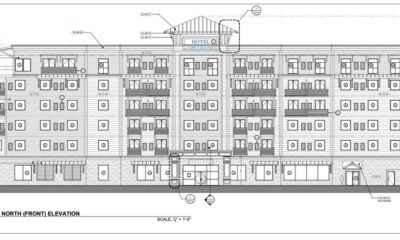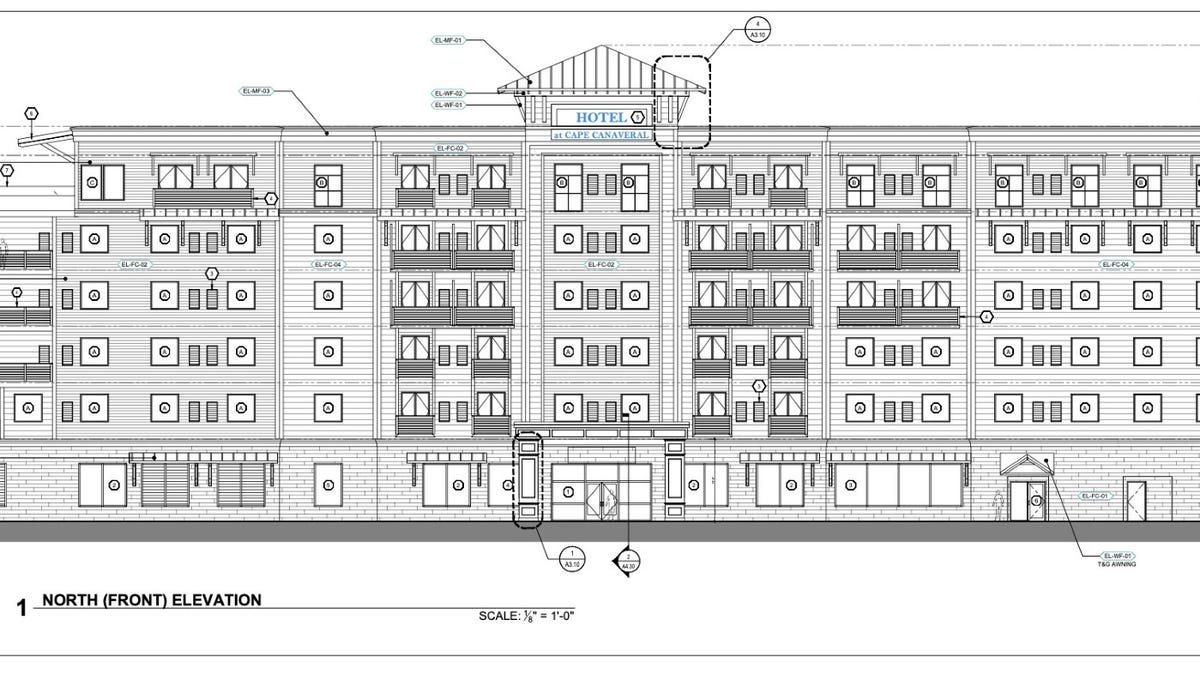More than 10,000 hotels across Europe have joined a class action against Booking.com, and organizers have extended the deadline to join the lawsuit to Aug. 29.
The lawsuit’s participation deadline was initially set for July 31.
The complaint is being organized by HOTREC, a Brussels-based hospitality association that represents hotels, restaurants and cafes across 36 European countries, and 30-plus national hotel associations.
The class action stems from a September 2024 European Court of Justice ruling on a case between Booking.com and more than 60 German hotels and hospitality groups.
HOTREC says that the court found that Booking.com’s parity clauses violated EU competition law, preventing hotels from offering lower prices or better availability via their own websites or other OTAs.
“Hotels across Europe are entitled to claim compensation from Booking.com for the financial losses suffered,” said HOTREC in a statement, adding that “affected hotels may be eligible to recover a significant portion of commissions paid to Booking.com” between 2004 to 2024, plus interest.
“Now is the time to stand together and seek redress,” said HOTREC president Alexandros Vassilikos. “This collective action sends a strong message: abusive practices in the digital marketplace will not go unchallenged.”
Booking Holdings, the parent company of Booking.com, disputes the claims, with a spokesperson for the company calling statements made by HOTREC and other hotel associations “incorrect and misleading.”
“The ECJ ruling that HOTREC and other hotel associations have been referencing to validate a potential class action did not conclude that Booking.com’s price parity clauses were anticompetitive,” said the Booking Holdings spokesperson. “The ECJ was not even asked to assess whether our clauses had anticompetitive effects or any impact on competition. The court simply stated that such clauses fall within the scope of EU competition law and that their effects must be assessed on a case-by-case basis.”
The spokesperson added that the company has “not received any formal notification of a class action.”
HOTREC said the case is being coordinated through the Dutch-based Hotel Claims Alliance Foundation and will be heard in Netherlands courts.





































You must be logged in to post a comment Login